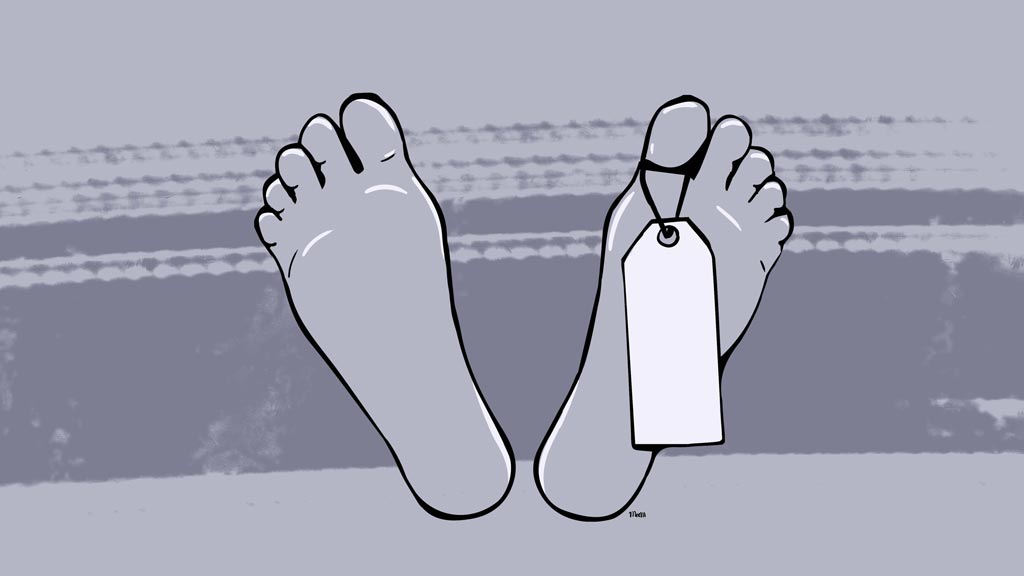A HOKKAIDO LIBRARY’S BULLETIN BOARD TURNS INTO A NATIONAL BESTSELLER

A small-town Q&A for teens becomes a cultural touchstone
In Shari, a Hokkaido seaside town, a library’s simple idea—invite teenagers to submit life questions, then post handwritten answers on a public board—has snowballed into a nationwide publishing hit. The compiled responses, covering everything from “What is love?” to coping with grief, have struck a chord with students and parents alike. The project aims to expose teens to diverse viewpoints in a social-media-saturated era, and the print edition preserves the intimacy of staff replies that blend empathy with clear, practical guidance.
Why this works beyond the algorithm
The book’s appeal lies in its voice: calm, nonjudgmental, and rooted in lived community experience. Librarians acknowledge uncertainty where it exists and suggest small steps—talk to a trusted adult, try journaling, seek a counselor if needed—rather than one-size-fits-all fixes. That tone has made the bulletin board a safe “third place,” and readers say the bound edition feels like carrying a supportive elder’s notes in a backpack. Educators report using excerpts in homeroom, while youth groups have adapted the format to spark conversations about mental health, friendship and online boundaries.
The viral success reveals a broader trend. Across Japan, local institutions are experimenting with low-tech antidotes to digital overwhelm, from analog pen-pal clubs to device-free study hours. Shari’s project shows how credibility grows when guidance is transparent about trade-offs and when adults model curiosity rather than certainty. For rural towns, it’s also a retention play: investing in youth services that make teenagers feel seen helps counter depopulation pressures.
Publishers are now fielding translation interest as the Q&A model travels. The library is scaling gently, prioritizing privacy and avoiding commercial tie-ins that might dilute trust. Staff say the next steps are expanding teacher guides and training volunteers so other communities can replicate the board. The lesson is simple but timely: in a loud digital age, quiet, handwritten wisdom still cuts through.





















